Good news for the heirs of family businesses. The legislature has provided for a favourable regime for the inheritance of shares in family companies. For example, an inheritance tax of 3% applies to partners or (grand)children and 7% in other cases. This saves a lot with the normal (heavy) inheritance tax. The latter can amount to 27% for partners and (grand) children and up to 55% for people who aren’t family.
Conditions
In order to benefit from the reduced rate, one must meet some strict conditions. After all, it is not the intention that one can put all the private assets into a company in order to avoid higher inheritance tax.
Firstly, we must be dealing with a “real family business”. That is a company where at least 50% of the voting rights are held by the testator and his family.
In the hypothesis where father and mother together hold 50 of 100 shares, son and daughter each own 20 shares and an external investor has 10 shares, this condition is met (assuming that each share has one vote).
Moreover, the company must exercise a ‘real economic activity’. The favourable regime does not apply to patrimony companies or to management companies.
- Patrimony companies are companies without operating activity and only own assets.
- Management companies are companies that aim to manage other companies.
Take the following example: the inheritance consists of shares in two companies: on the one hand a corporation that operates a construction company, on the other hand, a company that only owns real estate. In that case, the favourable regime will only apply to the shares of the construction company. With regard to the shares in the real estate company, the heirs will pay the normal progressive inheritance tax.
In addition, there are a number of other conditions. For example, after the death of the testator, the company must continue to exist for at least 3 years and continue its activities unchanged.
What about mixed assets?
A good question is whether the favourable regime also applies to “active” family businesses that own one or more private assets. For example, can a butcher bring his apartment by the sea into the family company so that it is also taxed at a reduced rate? The Belgian Constitutional Court recently confirmed that such an ‘all-or-nothing regulation’ is legal.
Family businesses which have an economic activity, but also own land or buildings that are not or only partially used for this economic activity, are in their entirety covered by the preferential rate. This only applies provided that the transactions do not constitute fiscal abuse, that is, are inspired by tax evasion. Tax abuse is likely to be considered at hand when:
- The company of the butcher does not only own the commercial premises of the butcher’s shop but also the apartment by the sea, grandfather’s old-timer and the yacht in the port of Antwerp;
- Just before deceasing, the butcher introduces the apartment by the sea into the family company, for example by selling it to the company or by a contribution in kind.
So some caution is called for, on the one hand. On the other hand, there are certainly possibilities to legally do tax (inheritance) optimization, also within and with family companies. In this regard, planning and timely implementation is key.
Did you know that we at Euregio can also assist you with such planning and/or transactions? For more info, do not hesitate to contact us.


